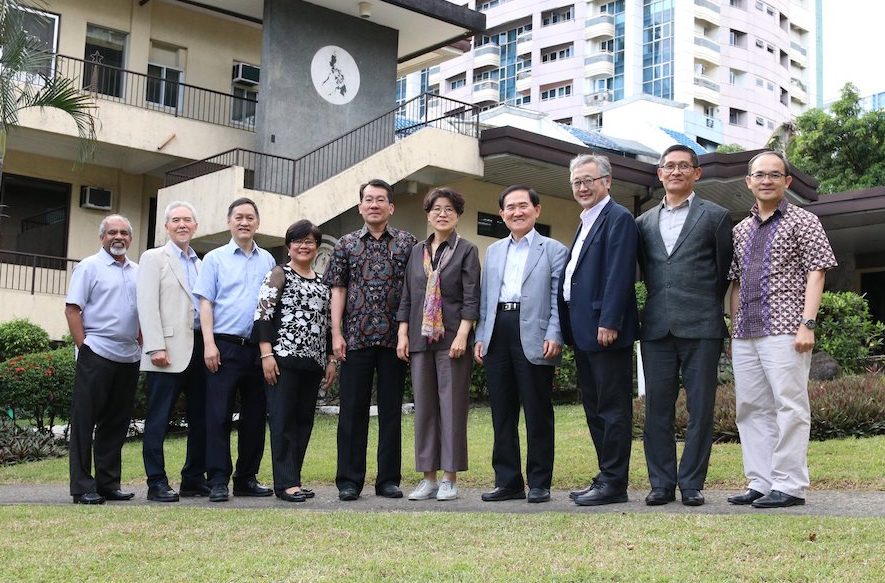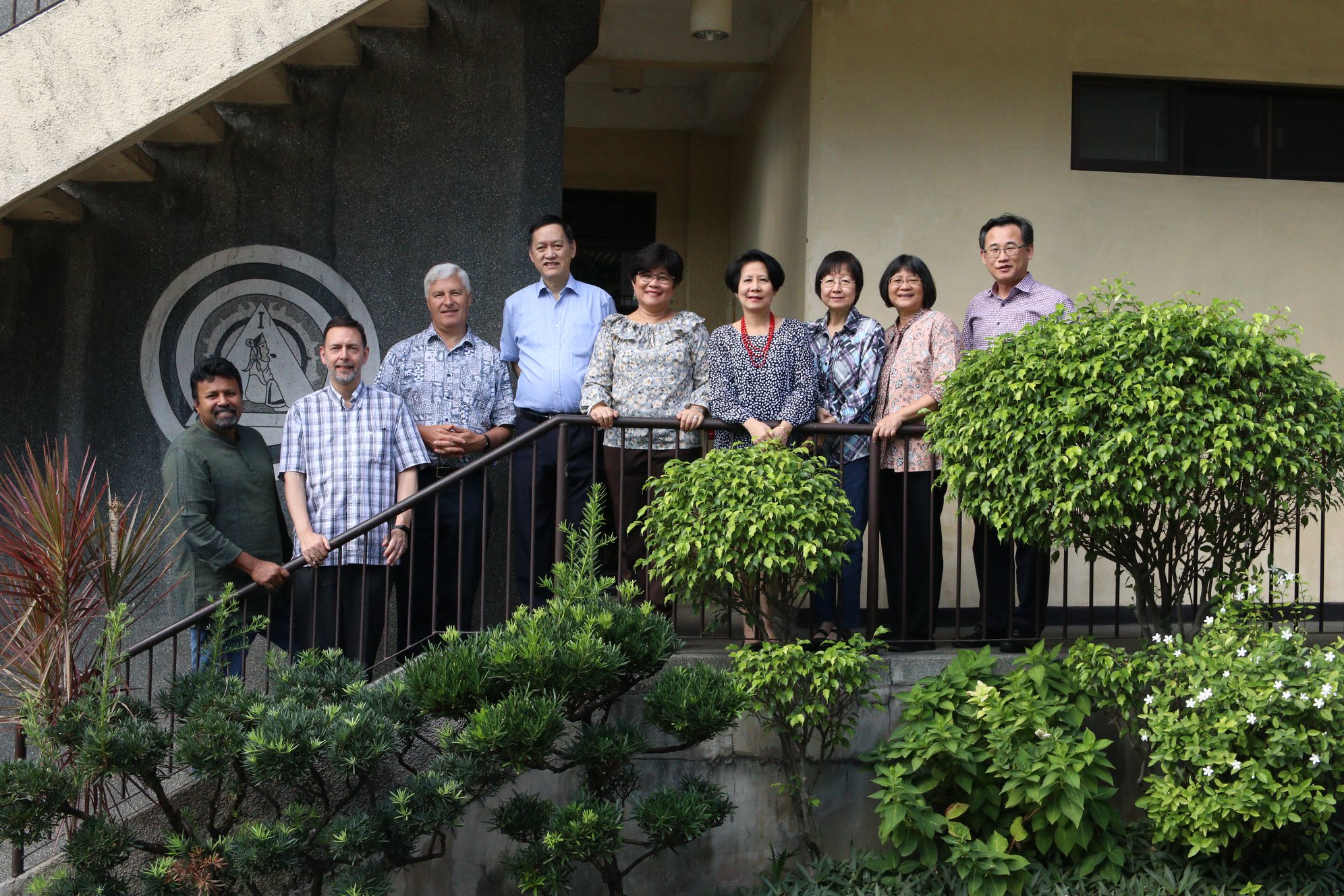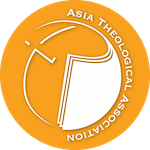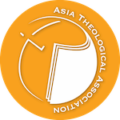

OUR MISSION
The Asia Theological Association (ATA) is a body of theological institutions, committed to evangelical faith and scholarship, networking together to serve the Church in equipping the people of God for the mission of the Lord Jesus Christ.
OUR VISION
We envision our member institutions effectively serving churches in fulfilling God’s global mission
OUR COMMITMENT
The ATA is committed to serving its members in the development of evangelical, biblical theology by strengthening interaction, enhancing scholarship, promoting academic excellence, fostering spiritual and ministerial formation and mobilizing resources to fulfill God’s global mission within diverse Asian cultures.
ATA Services
OUR TASK
Affirming our mission and commitment, ATA seeks to:

